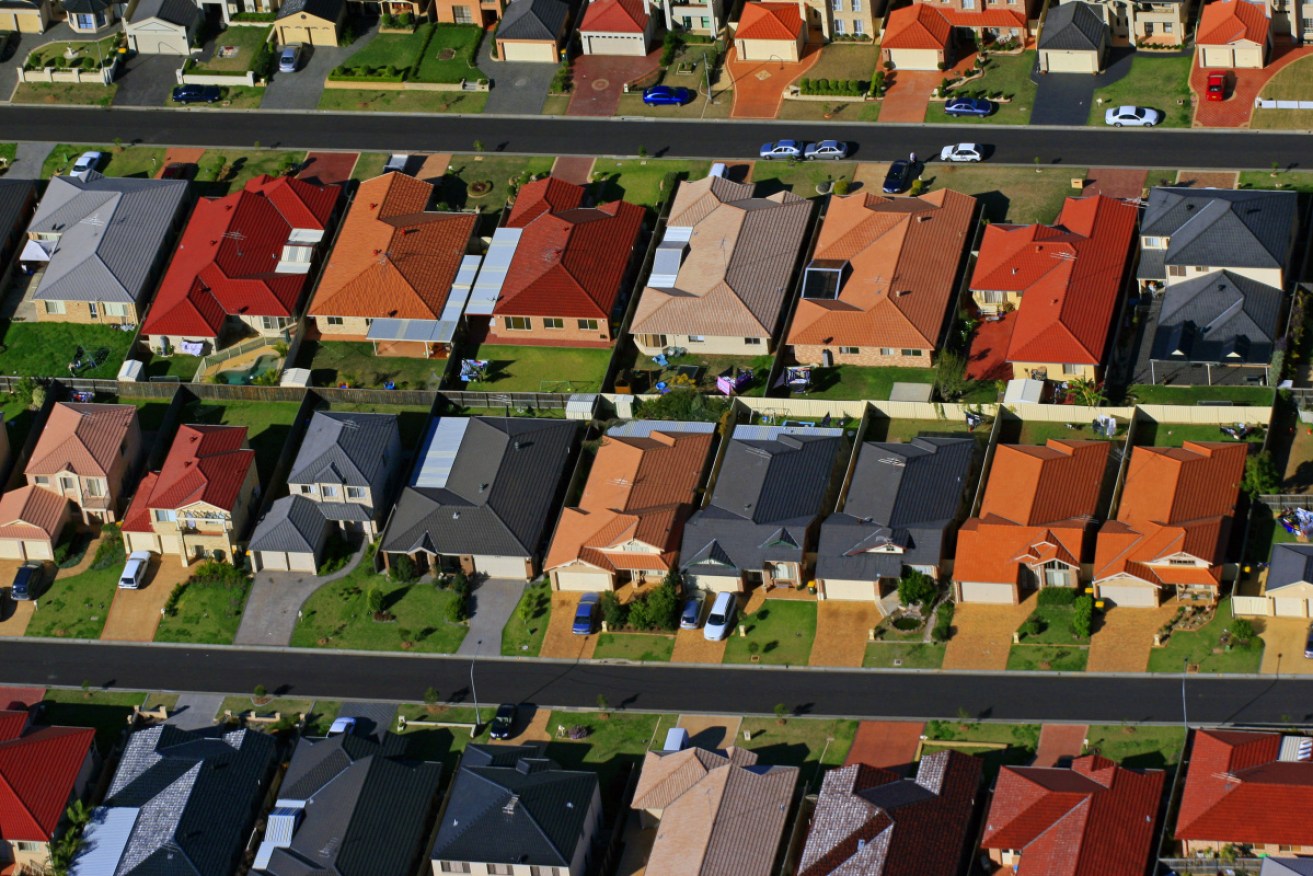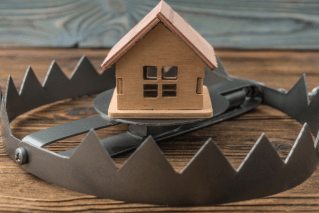Confidence is returning to the property market, but affordability is still a major issue


More Australians are feeling optimistic about future price growth, according to ME Bank's latest quarterly property sentiment report. Photo: Getty
Confidence in the property market continues to improve – but pretty much all Australians agree that housing affordability is still a major issue.
Those are two of the key takeaways from ME Bank’s latest quarterly property sentiment report, which adds further clout to suggestions the worst of the price falls is now behind us.
Based on a survey of 1000 Australians in early July, the report shows that Australians are feeling more optimistic about property prices than they were in April, with 38 per cent expecting them to rise over the next 12 months (compared with 32 per cent in April), and only 17 per cent expecting them to fall (down from 28 per cent).
Craig Ralston, ME Group’s executive of customer banking, said the Coalition’s surprise election win, the RBA rate cuts and APRA’s easing of its serviceability buffer were likely to have contributed to the new-found optimism.
But he told The New Daily he wasn’t prepared to call a bottom to the market quite yet, with nearly two-thirds of survey respondents (63 per cent) saying they had no plans to buy or sell property over the next 12 months – up from 58 per cent in April.
“Given just how much has been written about negative changes, and how much we saw in real terms over the past 12 months, it’s probably not surprising that [it will take] a little bit of time for that confidence to translate into real changes,” Mr Ralston said.
“So I’d probably be talking more about green shoots and changes in sentiment – I’m definitely not someone who’s going to go out and call the bottom.”

Source: ME Bank quarterly property sentiment report
Added to the nascent optimism around future price growth is an easing of concerns over access to finance.
The number of property owners worried that tighter credit policies would make it more difficult for them to refinance dropped from 68 per cent in April to 58 per cent in July.
And the proportion of owners who worried they would soon be forced to switch from an interest-only loan to principal-and-interest dropped from 48 per cent to 41.
Property sentiment among investors took a slight hit, though – with 40 per cent feeling “positive” about the market in July, down from 44 per cent in April.
And 93 per cent of respondents still think housing affordability is “a big issue in Australia”.
“We had expected investor sentiment to bounce a little bit more,” Mr Ralston said.
“We’re probably still seeing challenges around worries of overall debt situation, the fall in property values that have occurred … and access to credit. While that’s started to improve, it’s still a big issue for investors.”
ME Bank’s report comes just three weeks after property analytics firm CoreLogic revealed prices in Sydney and Melbourne had increased for the first time since the beginning of the downturn.
Since then, SQM research, Domain, BIS Oxford Economics, AMP Capital’s chief economist Shane Oliver, ANZ and the Reserve Bank have all said the property downturn has ended.
But most analysts predict prices won’t return to boom times any time soon.

ME Bank’s survey suggest its customers would use the recent interest rate cuts as a chance to save, rather than spend.
“We are due to have a bit of a plateau,” Wakelin Property Advisory director Jarrod McCabe told The New Daily.
“The [improved sentiment] will certainly lead to greater activity, but whether it leads to a change in prices, I’m not convinced about.”
That’s because the current low level of auction volumes will likely have increased by the time sentiment has translated to increased buyer activity in spring, meaning competition probably won’t pick up enough to boost prices, Mr McCabe said.
As he sees it, it will be another one to two years before the market experiences “consistent, reasonable levels of growth”.
And Suburbanite director Anna Porter agrees.
She told The New Daily that a lack of mortgagee-in-possession sales suggested the market hadn’t yet reached its bottom.
“If there is a little bit of price growth over the next six to 12 months, I think that will be quickly undone by some distressed sales,” Ms Porter said.
“So I don’t see the market being fully stabilised for another one to two years.”








